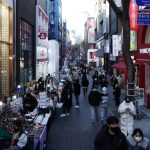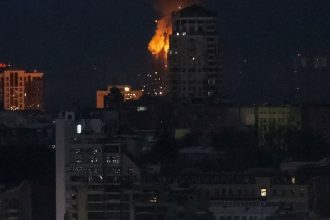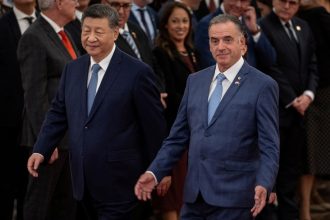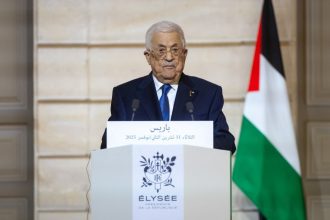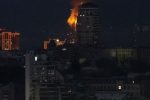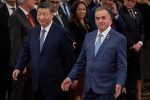In a striking move that has sent ripples across Nepal’s political landscape, authorities have imposed a travel ban on former Prime Minister KP Sharma Oli and four other top former officials. This action follows a deadly wave of protests that shook the country earlier this month.
The protests, which began on September 8, were initially triggered by a temporary ban on social media platforms. However, frustrations fueled by economic hardship and long-standing allegations of corruption soon turned the unrest into a nationwide uprising. The government’s heavy-handed response led to two days of violent clashes, resulting in at least 73 deaths, the destruction of government buildings including the parliament, and ultimately the collapse of the administration.
Now, as Nepal navigates an uncertain political future, the newly appointed interim Prime Minister Sushila Karki has taken decisive steps by forming an independent commission to investigate the tragedy and assign accountability.
Among those barred from leaving the country are:
-
KP Sharma Oli, former Prime Minister
-
Ramesh Lekhak, former Home Minister
-
Hutaraj Thapa, ex-chief of the National Investigation Department
-
Two additional high-ranking bureaucrats
Not only are they banned from international travel, but they are also required to seek official permission even to exit the Kathmandu Valley, underlining the seriousness of the inquiry. According to the commission, they may be summoned at any time for questioning.
Nepal’s Home Minister Om Prakash Aryal confirmed the travel restrictions are already in effect. Commission member Bigyan Raj Sharma emphasized the importance of ensuring these individuals remain within reach of investigators.
Meanwhile, the economic toll has been staggering. According to the Federation of Nepalese Chambers of Commerce and Industry (FNCCI), sectors like automobile, hospitality, and retail have suffered losses amounting to over USD $600 million. The aftermath has not only paralyzed local business communities but also shaken public confidence in institutional leadership.
Former PM Oli, for his part, has dismissed responsibility, blaming “infiltrators” for turning peaceful protests into bloodbaths. He claims the rifles used during the violence were sourced externally — a claim yet to be substantiated.
But beyond the headlines, there is a deeper pain that echoes across Nepal.
These protests weren’t just about a digital ban. They were cries from a generation that feels unheard and betrayed — young voices rising against a system they believe has failed them. The tragic deaths weren’t mere statistics; they were sons, daughters, dreamers, and workers who never imagined their dissent would end in destruction.
As the commission moves forward, the nation watches. Not just for justice — but for healing, reform, and a return to hope. For the people of Nepal, this is more than politics. This is personal.


